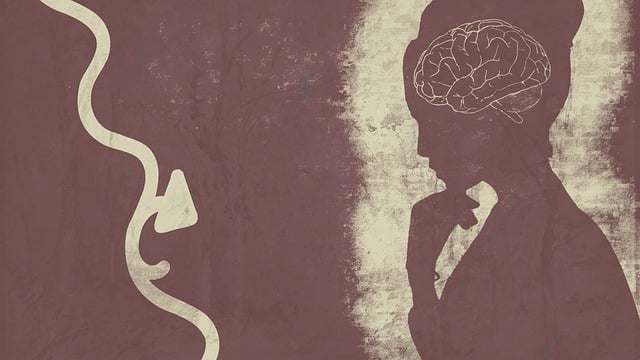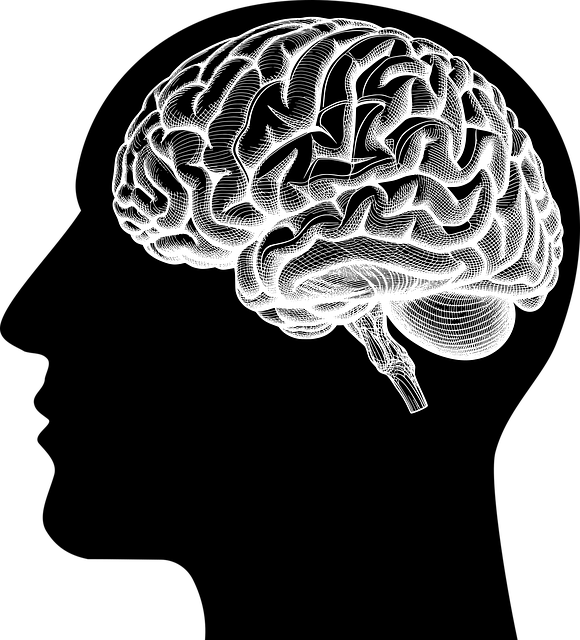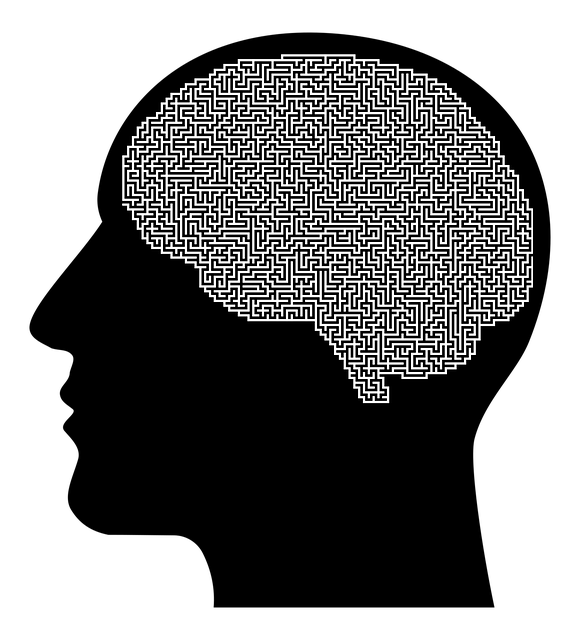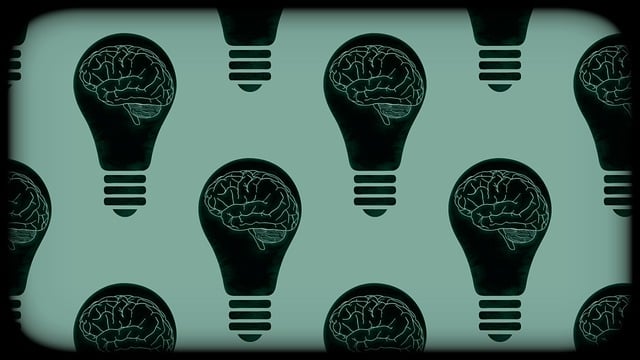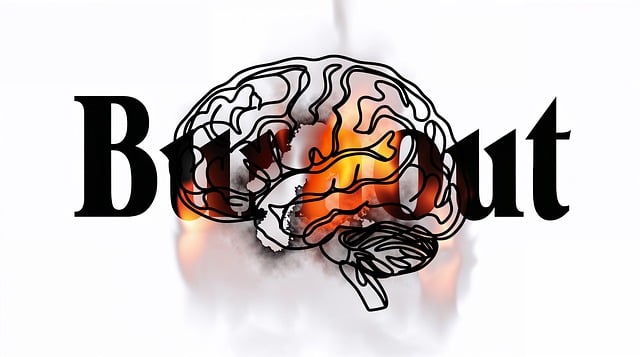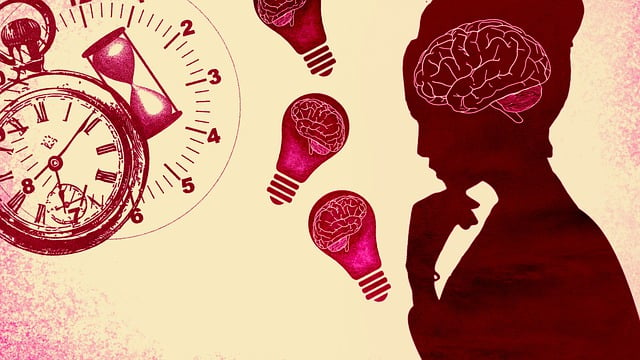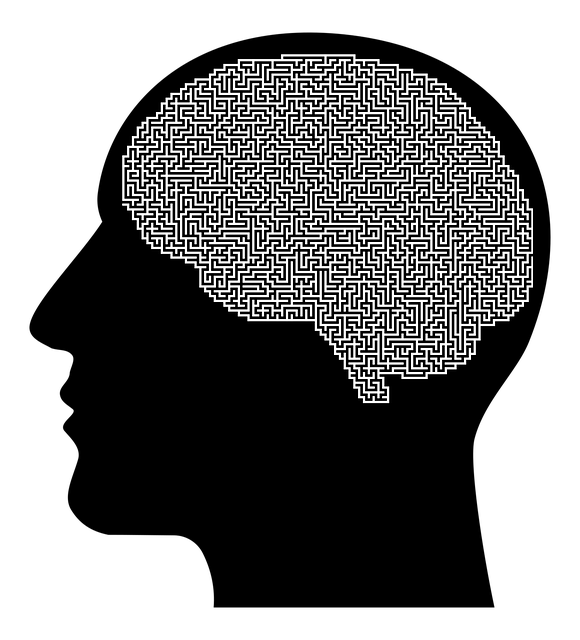Mental health issues in young children, including anxiety, depression, and neuro disorders like ASD and ADHD, require early, specialized therapy through age-appropriate approaches. Effective educational programs integrate techniques such as CBT, mindfulness, play therapy, and Social Skills Training. These initiatives, facilitated by mental health professionals, empower children to develop emotional intelligence and coping strategies, enhancing their well-being and future prospects in both academic and social settings.
Mental health education programs play a pivotal role in nurturing young minds and fostering resilience. This article explores key aspects of designing comprehensive interventions for young children, focusing on understanding prevalent mental health issues and neuro disorders. We delve into evidence-based strategies for creating engaging educational content tailored to these needs, emphasizing the integration of therapy techniques within school settings. By implementing effective programs, we aim to enhance early intervention, support affected children, and promote overall well-being.
- Understanding Mental Health Issues in Young Children
- Designing Effective Education Programs for Neuro Disorders
- Implementing Therapy Techniques in Educational Settings
Understanding Mental Health Issues in Young Children

Mental health issues among young children are becoming increasingly recognized as a significant concern, with early signs often presenting before the age of 10. Understanding and addressing these challenges is crucial for their overall development and well-being. Youngsters may face various mental health difficulties, including anxiety, depression, trauma, or even neurodevelopmental disorders such as autism spectrum disorder (ASD) and attention deficit hyperactivity disorder (ADHD). These conditions require early intervention and specialized therapy to mitigate long-term effects.
Effective programs designed to support young children’s mental health should incorporate therapeutic approaches tailored to their age group. Play therapy, for instance, has proven beneficial in helping kids express their emotions, process traumatic experiences, and develop coping strategies. Additionally, fostering emotional intelligence through teaching positive thinking and crisis intervention guidance empowers children to manage their mental health proactively. Early detection and appropriate care can significantly impact a child’s ability to thrive and navigate life’s challenges as they grow older.
Designing Effective Education Programs for Neuro Disorders

Designing educational programs focused on neuro disorders requires a meticulous approach to ensure their effectiveness in fostering understanding and managing conditions like anxiety. For young children, early intervention is key; tailored therapy sessions incorporating play-based activities can significantly enhance their ability to cope with symptoms of neurodivergence. These programs must be meticulously crafted to address the unique needs of each child, promoting emotional intelligence and providing tools for self-regulation.
Integrating strategies such as cognitive behavioral therapy (CBT) and mindfulness practices into the curriculum offers valuable avenues for anxiety relief. Additionally, risk management planning is essential for mental health professionals facilitating these programs, ensuring they are equipped to handle potential challenges that may arise during therapy sessions. By combining evidence-based techniques with a nurturing environment, educational initiatives can empower young individuals with neuro disorders to navigate their unique journeys with greater confidence and resilience.
Implementing Therapy Techniques in Educational Settings

Implementing Therapy Techniques in Educational Settings is a key aspect of designing an effective mental health education program, especially when targeting young children with neuro disorders. Schools serve as integral community hubs where early interventions can significantly impact a child’s overall well-being and future prospects. By incorporating therapeutic strategies into classroom environments, educators and support staff become vital allies in a child’s treatment plan.
Social Skills Training is one such technique that fosters a sense of belonging and enhances peer interactions, crucial elements for developing self-esteem and building positive relationships. Simultaneously, Self-Esteem Improvement strategies help children with neuro disorders navigate academic challenges and promote resilience. Additionally, teaching Stress Reduction Methods empowers young minds to cope with anxiety or frustration, creating a calmer and more focused learning atmosphere. These integrated approaches not only support the mental health of students but also contribute to improved academic performance.
Mental health education programs play a pivotal role in fostering well-being among young children. By integrating knowledge about mental health issues, designing tailored curricula for neuro disorders, and implementing effective therapy techniques, educators can create inclusive environments that support the holistic development of every child. Early intervention through these programs is crucial in addressing neuro disparities and ensuring that young minds receive the care they need to thrive. This comprehensive approach to mental health education holds the key to improving outcomes for both individuals and communities, with a particular focus on providing therapy for young children with neuro disorders.


